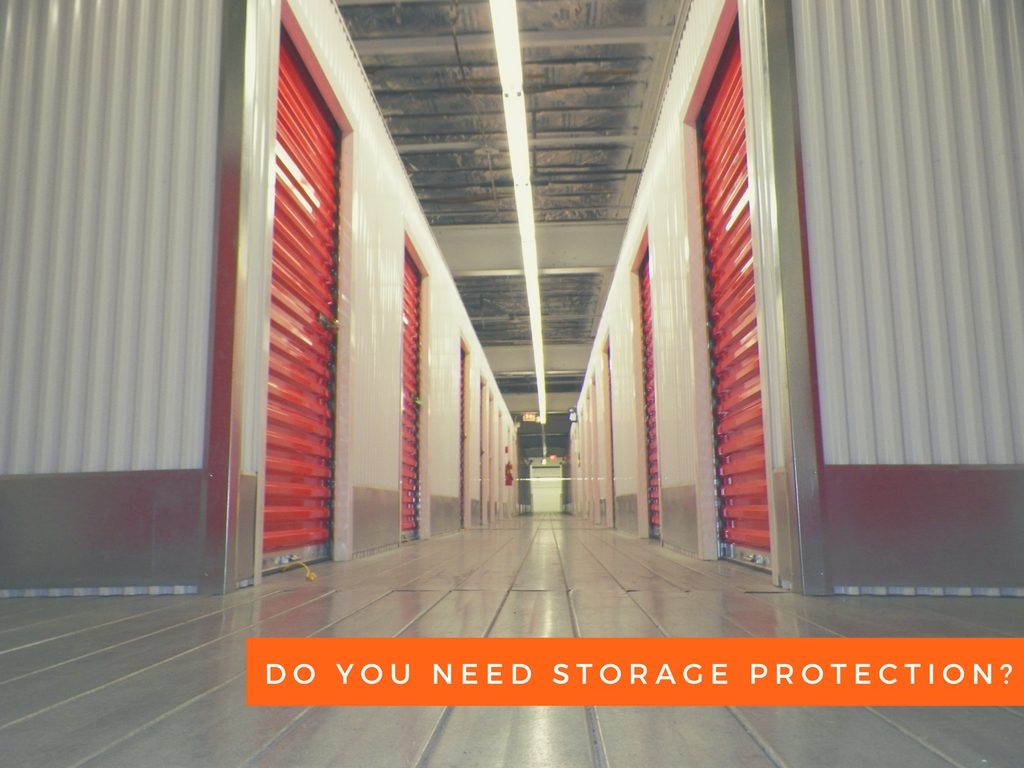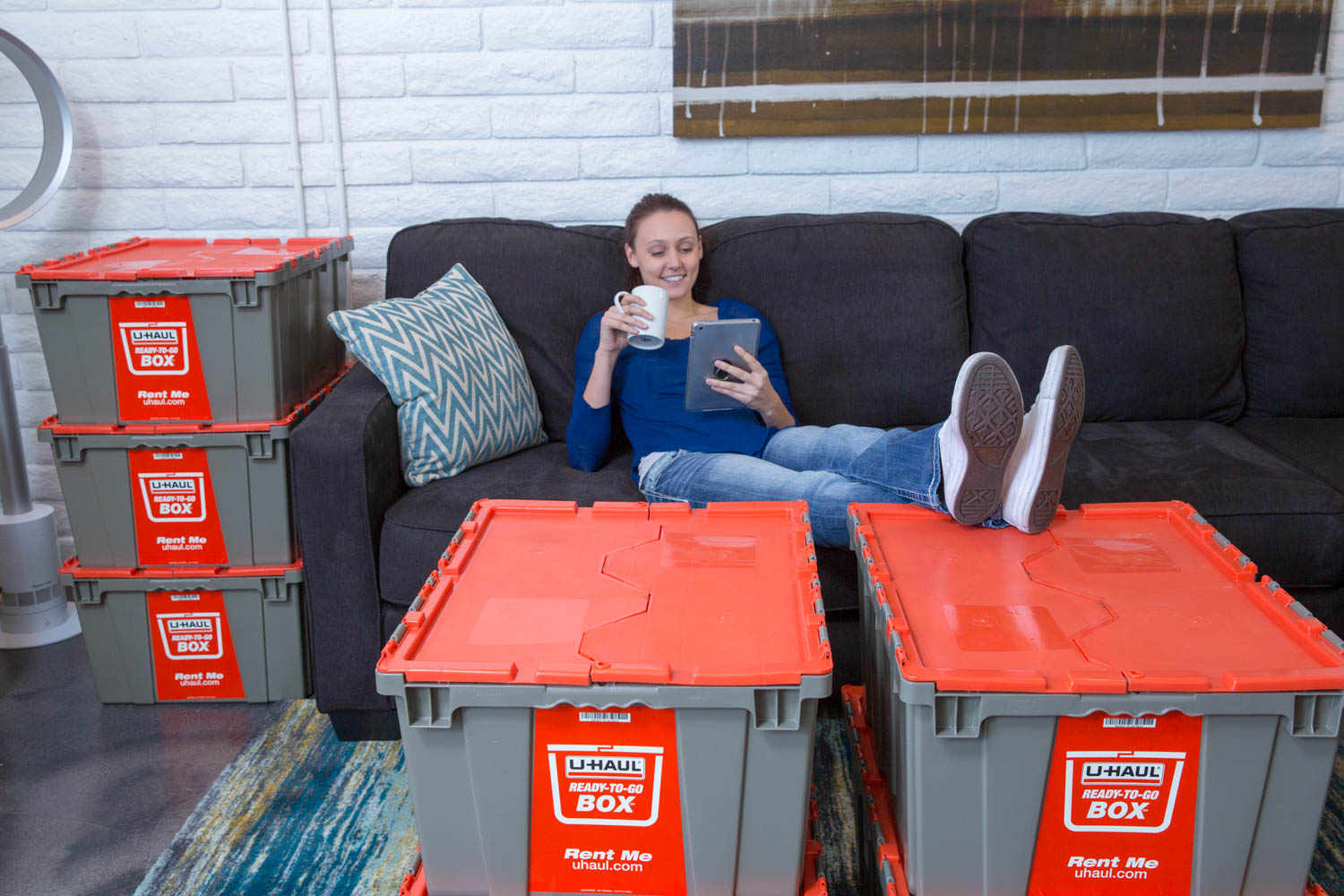 Safety — it’s one of the most important items you should look for when selecting a rental storage unit. When we put our stuff in storage, roll the door down and lock the lock, we expect the items to be exactly the way we left them when we open it the next time. And, this is how it goes 99.9% of the time — but unfortunately there is that .1% chance that we have to worry about. That’s where storage protection options, like Safestor come into play.
Safety — it’s one of the most important items you should look for when selecting a rental storage unit. When we put our stuff in storage, roll the door down and lock the lock, we expect the items to be exactly the way we left them when we open it the next time. And, this is how it goes 99.9% of the time — but unfortunately there is that .1% chance that we have to worry about. That’s where storage protection options, like Safestor come into play.
In this post I’ll go over some items to think about when deciding if you need storage protection or not.
Location
Most insurance programs cover weather-related damage to your goods when you sign the rental agreement. So, if you’re storing valuables in tornado alley right in the middle of the summer, extra protection might not be a bad idea. Same goes for a storage unit adjacent to a fire-prone forest. Obviously, those are extreme cases, but situations like these do arise each and every day.
Items in Storage
Insurance won’t cover everything — money, jewelry and documents are often times left out of the coverage umbrella. You have other valuable goods however; televisions, computers and clothes are just as important. Think carefully about the items you are about to lock up. If a fire, hurricane, explosion or some other act of God were to occur, would you want those items covered? If the answer is yes, extra protection is a good idea.
Personal Value
Remember that if your goods are worth storing, they are worth protecting. While most self storage facilities take precautions to provide a clean, dry and secure environment to store your property, they are not responsible for damage. Please don’t assume that you are covered. Be sure to check with your insurance carrier in regards to storage coverage.
Not Everything is Covered
Although unfortunate, it’s a true case that in the event of a disaster not everything will be covered. If you are planning to store automobiles, property documents or clothes with fur (even boots), most baseline protection plans will not meet your needs. In this case it might be worth it to set something else up with your private insurer.
Do you insure your items in storage? How do you decide whether or not to do so? Let us know below in the comment’s section.



